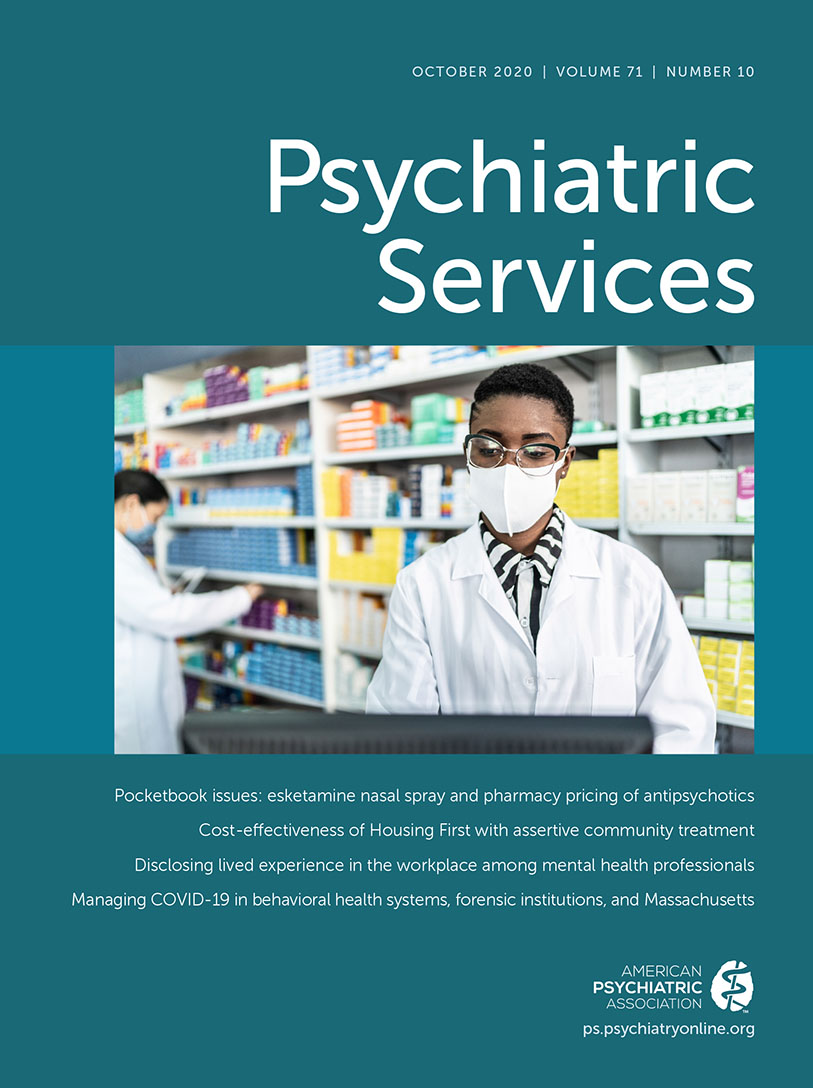Growth and Sustainment of Individual Placement and Support
Abstract
Many people with serious mental disorders want to work. Individual placement and support (IPS), an evidence-based program that helps such individuals find and maintain jobs of their choice, has spread steadily across the United States (which has more than 1,000 IPS programs) and to at least 19 other countries during the past 20 years. Four factors explain the program’s success. First, IPS is client-centered—IPS specialists follow their clients’ preferences regarding issues such as type of employment, style of job search, and type of job support needed. Second, research has undergirded IPS’s evolution, helping to refine its effectiveness. Third, support from private foundations and federal agencies has helped to foster implementation, research, and dissemination efforts. Fourth, an international learning community has consolidated cooperation among stakeholders and mental health and vocational rehabilitation agencies and has facilitated continuous quality improvement through data sharing and extensive interactions.



